Controversy Aside
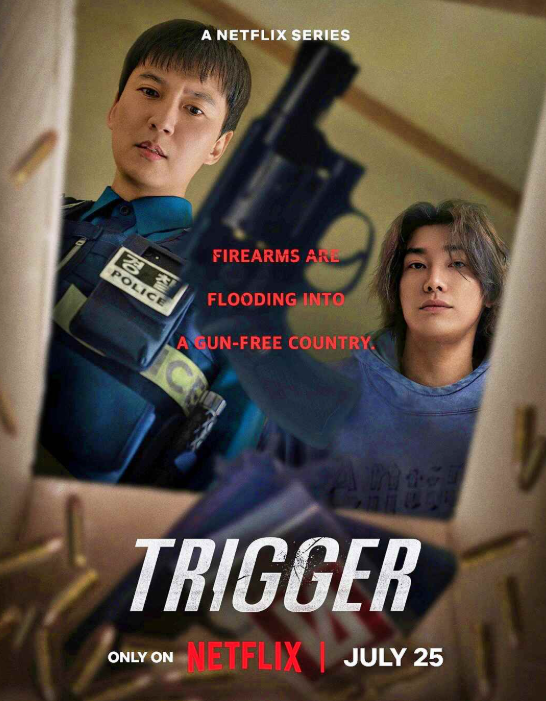
Straight away, this TV show created some buzz. When Trigger was released, there was some controversy surrounding this show because many Korean viewers associated the series with a tragic shooting that took place in Songdo, Incheon (in which a father, armed with a homemade shotgun, killed his own son). The director, however, denied any ties between the show and the incident and reassured audiences that there was no connection to the case.
Despite the delicate context, Trigger was a success among audiences and quickly became the second most popular non-English show in Netflix's global charts. In fact, it is still among the top 10 in 20 countries, including South Korea itself.
The backlash, despite being just a concern at first, was eventually subdued: Trigger got a rare 100% approval rate in Rotten Tomatoes and quickly became one of the best K-Drama thrillers around.
Plot
Trigger is a South Korean TV show released by Netflix on July 25th, 2025, written and directed by Kwon Oh-seung and starred by Kim Nam-gil and Kim Young-kwang.
The plot follows Lee Do (Kim Nam-gil), a quiet policeman who, for personal reasons, refuses to use firearms. This choice, despite being uncommon in many countries, is not that unusual in South Korea, as legal access to firearms in this country is locked behind an extremely strict and bureaucratic process.
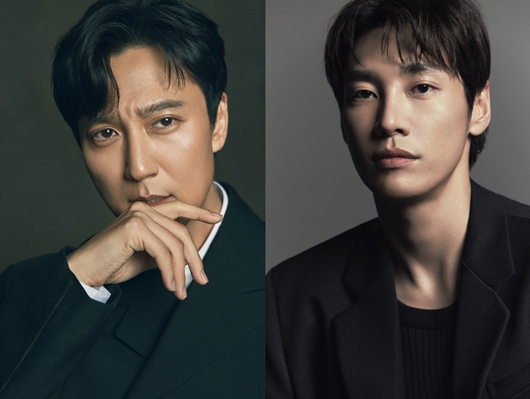
However, this all changes drastically overnight when illegal firearms show up mysteriously in the hands of common citizens through delivery services. Someone, or some organization, is behind these deliveries, and the result is a series of violent incidents, often fatal.
Now, it's up to Lee Do to confront his deepest traumas to find out who is trying to plunge the country into chaos and why.
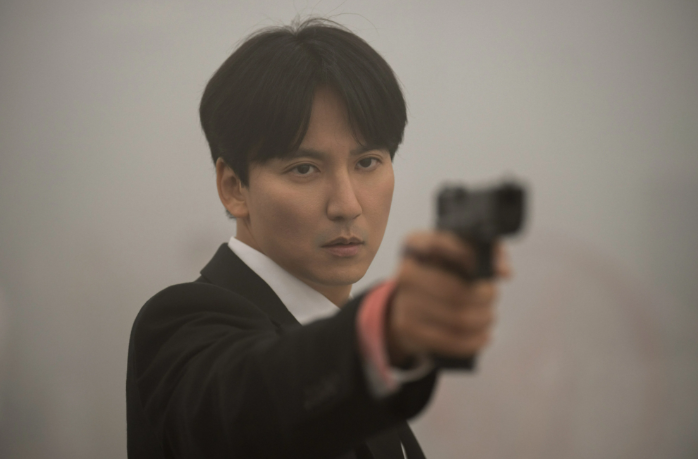
Control
The process of getting a firearm license in South Korea is extremely strict, and it's why firearm-related crimes happen so rarely in this country.
According to local law regarding firearm, blades, and explosives safety, only a few authorized people in specific sectors, like security, police, soldiers, or agents responsible for protecting government authorities or foreign delegations, can carry firearms.
Firearm manufacturers and sellers, shooting sports athletes, and professionals that need to use firearm props (like for movies or theater plays) may also carry a firearm, but only after getting a specific license.
Finally, licensed hunters are also a small portion of the population that can carry firearms. According to the government, in 2021, around 35.000 hunters went through a rigorous process to get a hunting license permit.
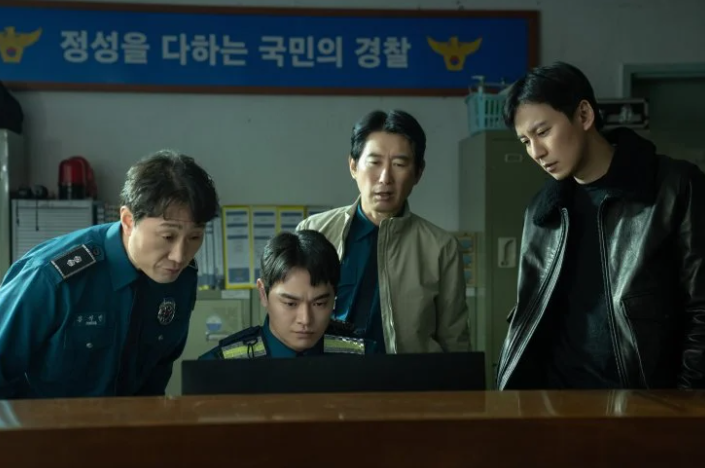
This process involves 10 steps and two prerequisites: a hunting license and a firearm license to carry. The candidate must then go through a government official written exam, training sessions in certified shooting ranges, and, later on, physical and psychological medical evaluations. Any disqualifying mental or physical health condition or history of substance abuse can prevent these applicants from getting a license to carry.
Even after getting approved, applicants need to get a specific license to carry issued by the police. And, still, hunters can't keep their weapons at home outside hunting season. They must surrender them to police stations, where they'll be in police custody.
Police personnel themselves only have restricted access to firearms. They can only carry a gun in patrols, when answering calls, or when protecting authorities. When agents return to their headquarters, they have to surrender both their weapons and their ammunition. They have to place them in a maximum security vault inside the police station.
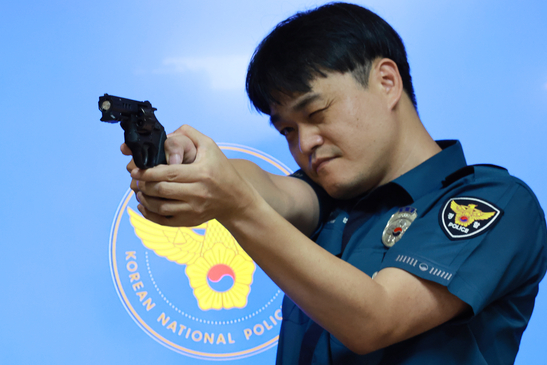
They can use these firearms to protect themselves or citizens, but, in practice, the police rarely uses lethal force. Even when facing violent crimes, the protocol states they must treat the aggressor as unarmed, which means they only use lethal force after carefully analyzing each situation, and they're often encouraged not to use it.
It's in this strictly regulated setting, that is, in South Korean society, which is not at all familiar with gun violence, that Trigger develops its plot.
If this TV show was set in countries like the U.S.A. or Brazil, maybe this theme wouldn't be as impactful. However, as it is set in a country where weapons are basically never seen in day-to-day life, the story is a lot more dramatic and invites us to reflect on our society as a whole.
Are Firearms to Blame for Everything?
In Trigger, society isn't plunged into chaos just because the general population gets access to firearms overnight. This chaos starts way before the first shot is ever fired. Straight away, we can see how a sick society that pushes each person to the limit, psychologically speaking, can lead its people to believe violence is the answer. To believe that, at the end of the day, only the barrel of a gun can make people respect you. That it is the only thing that can make people listen to you.
This series shows, quite brutally, how a system (and even its institutions) that fails to protect, support, and listen to its people falls apart. When weapons end up in the hands of the people at random, what falls apart is not only safety: it's the social structure itself. After all, that structure had been falling apart for a while by then.
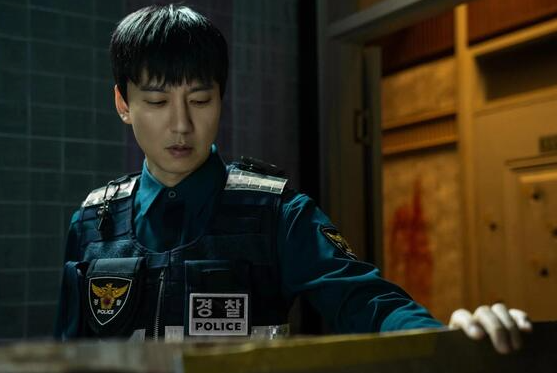
It's not only criminals and delinquents that resort to firepower to feel respected. Even a student, a victim of constant, violent bullying, when taken to his absolute limit emotionally, can turn an entire classroom (full of innocent people as well) into a tragedy once a firearm is in his hands.
This might be the most disturbing detail of the series: a good part of the people in this society are already being harassed, humiliated, and disrespected, often daily. And this becomes unbearable to many of them. People are living their day-to-day as live ticking bombs, on the verge of exploding.
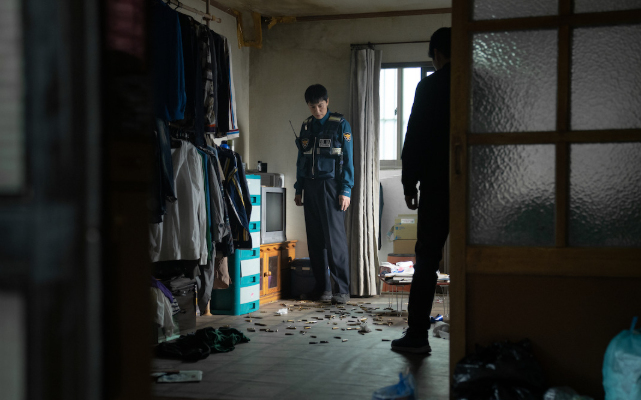
Now imagine that all of these individuals can get justice with their own hands.
Trigger reminds us that true chaos isn't created by weapons alone. It is fed every day by the invisible wounds that society constantly forces us to ignore.
A Villain That Asks us to Stop and Reflect
When the villain of the story is shown for the first time, with his nearly charming smile, we can't help but get carried away by him. This mysterious man holds our attention immediately. He is the exact opposite of our protagonist, Lee Do, who is cheerful, helpful, spontaneous, and smiles a lot. This contrast is almost unnerving.
Quickly the villain gets closer to Lee Do and nearly becomes his helper, of sorts. The chemistry between the two of them works really well, though it's evident that Lee doesn't completely trust him, rightfully so.
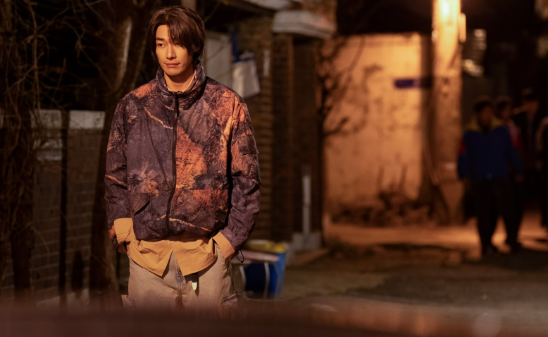
This antagonist is also pretty well developed. He is not just a villain for the sake of being a villain. He was abandoned as a baby, trafficked, and mutilated. He is what happens when a system fails that brutally. His actions aren't only about narcissistic revenge: he is trying to expose the society that raised him. He is the side effect of institutional inertia.
Trigger handled this character really well. It showed how complex he is without demonizing him completely or romanticizing him. Though, at times, his manneurisms and lines are almost cartoonish, which is a bit different from the slightly sober tone of the rest of the story. However, as a villain representing a system that chooses to ignore its own children until it's too late, he plays his part well.
A Gesture of Hope
At the climax of the series, Lee Do sees himself at the center of an open square, surrounded by crazy, armed civilians firing blindly into the dense fog.
He realizes then that firing back is not going to fix anything. That punching back won't make the chronic pain of a wounded society disappear. That letting go like this won't silence the screams born from negligence, omission, and abandonment. The problem is much deeper than the barrel of a gun.
And so, amidst the deafening echoes of the bullets and the chaos the antagonist spread everywhere, finally managing to burst open the sick society who corrupted him from the inside out, Lee Do sees a kid. A little boy, lost, crying, with a firearm in his little hands, calling for his mother.
And he runs, not to shoot back but to protect the kid.
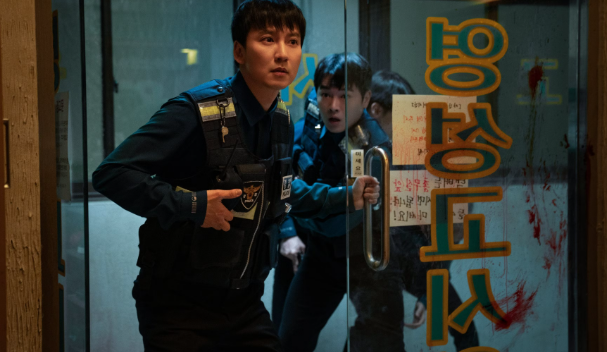
At that moment, the kid didn't need more bullets. He needed shields. Lee Do kneels in front of the armed crowd and the kid. In a solitary but resounding gesture. A symbol of disruption. A man choosing to break the cycle of violence with an act of humanity.
By protecting that kid, Lee Do becomes the adult that the antagonist never had. The outstretched hand that was never there. The hug that could have prevented it all. He doesn't fire back. He embraces them.
And it's with this silent but overwhelming choice that Trigger delivers its true message: some paths are harder, slower, and more painful, but also infinitely more humane than violence, the easy answer.
If you know how to look beyond the thrilling action in this series, this is the shot in the dark that really matters.
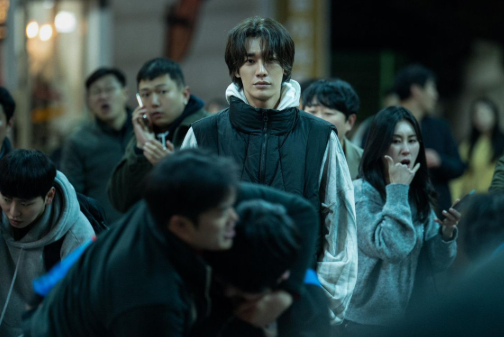
Is It Worth a Watch?
It's definitely worth at least one bucketful of popcorn, yeah.
But this series will actually be great for those who enjoy an investigation story packed with action and captivating characters and that goes beyond what's shown on the screen. It's one of those stories that makes us reflect in silence once the credits roll out. And, let's be honest, this doesn't happen often with action flicks like this, right?
The performances are solid and charismatic, and the story isn't divided into parallel plots. It centers almost entirely around Lee Do, the mob, and the villain, which means it's concise and doesn't waste time.
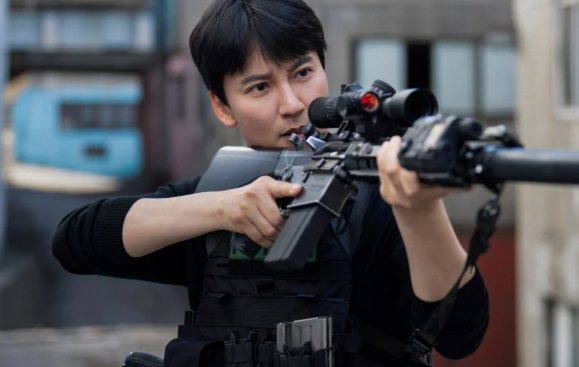
The action sequences are really well-shot as well. They even make us wonder, will this character survive?, which is always a great feeling for thrillers like this.
So, if you like this genre, you can go ahead and watch Trigger. You won't be disappointed.
What about you? Do you prefer action and suspense or heartwarming romance? Tell us your thoughts in our comment section below.
Thank you for reading, and see you next time!








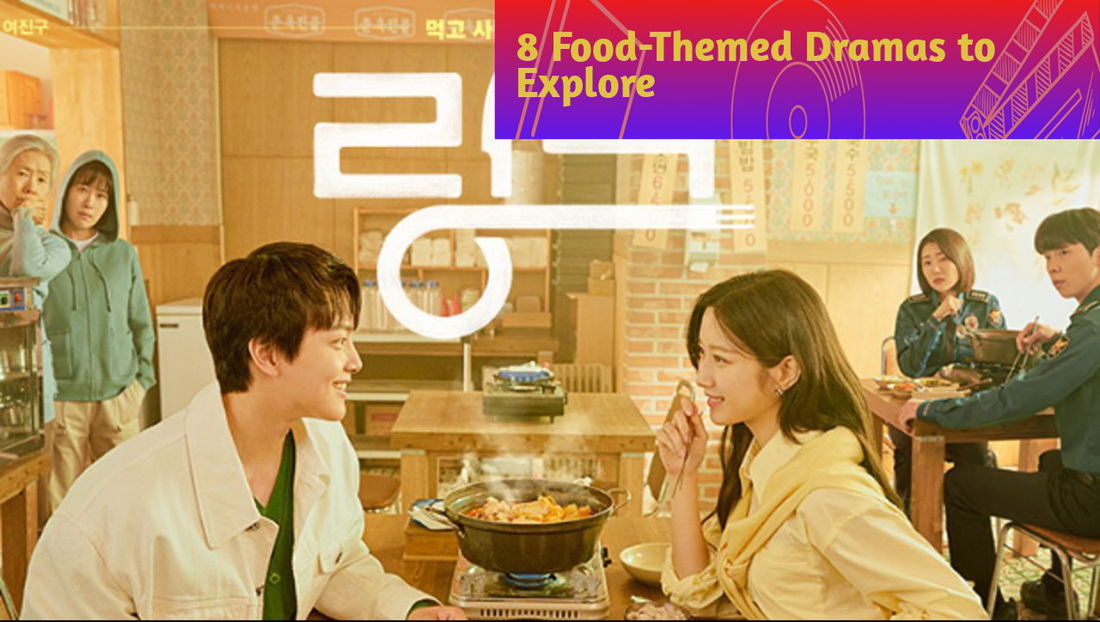


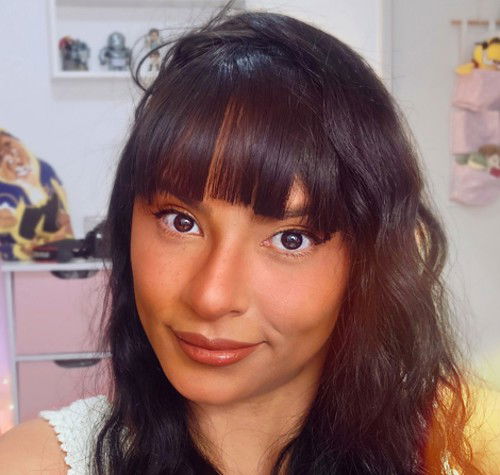

— commentaires 0
, Réactions 1
Soyez le premier à commenter